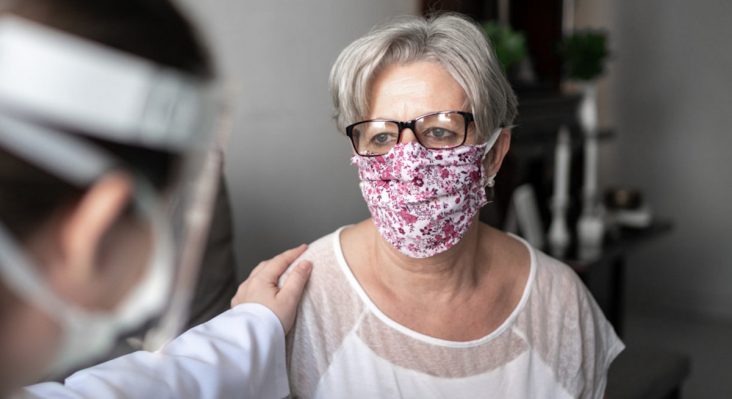UAMS to begin ‘high-accuracy’ COVID-19 testing, boost daily processing numbers
by June 25, 2020 2:57 pm 1,015 views

The University of Arkansas for Medical Sciences (UAMS) announced Thursday (June 25) it has developed and is using high-accuracy antibody testing to determine the magnitude of COVID-19 infection in Arkansas and inform the decisions of policymakers.
UAMS will collect blood samples from nearly 7,500 Arkansas adults and children through October. By early August, a robotic-assisted immunoassay machine will help process 2,500 samples per day for workplace, school and other community settings. UAMS researchers are now processing only up to 180 samples per day by hand.
The $3.3 million to support the testing program comes from the Coronavirus Aid, Relief, and Economic Security (CARES) Act approved by Congress to provide aid to individuals, businesses and state and local governments in response to the pandemic.
According to the UAMS statement, COVID-19 antibody testing looks back into the immune system’s history. A positive antibody test means the person was exposed to the virus and developed antibodies against the virus.
“It will be critical for policymakers to estimate how many Arkansans have been previously infected as they consider reopening schools, allowing mass gatherings, and keeping workplaces safe,” UAMS Chancellor Dr. Cam Patterson said in the statement.
Seroprevalence is the proportion of people in a population whose blood serum tests positive for a particular disease. There are two study components: a laboratory component and a statewide epidemiology component.
The epidemiology component of the study, led by the UAMS College of Public Health, will utilize the contact tracing call center to enroll study participants and collect health histories and blood samples from individuals who represent the entire state. It will provide the first results about the prevalence of asymptomatic Arkansans.
“Providing accurate estimates is vitally important in helping policymakers plan for implementing protective and treatment measures in Arkansas,” said UAMS College of Public Health Dean Mark Williams. “Without this information, public health officials are just guessing, and there is a chance they will guess wrong.”
The UAMS antibody test requires a small amount of blood, although more than a pin prick. Its validity testing shows it is not fooled by antibodies for other coronaviruses. The new UAMS testing could also help researchers with the following questions:
• How many antibodies are present when tested?
• How robust is the immune response?
• How much antibody is required to provide immunity?
• How long does immunity last?
